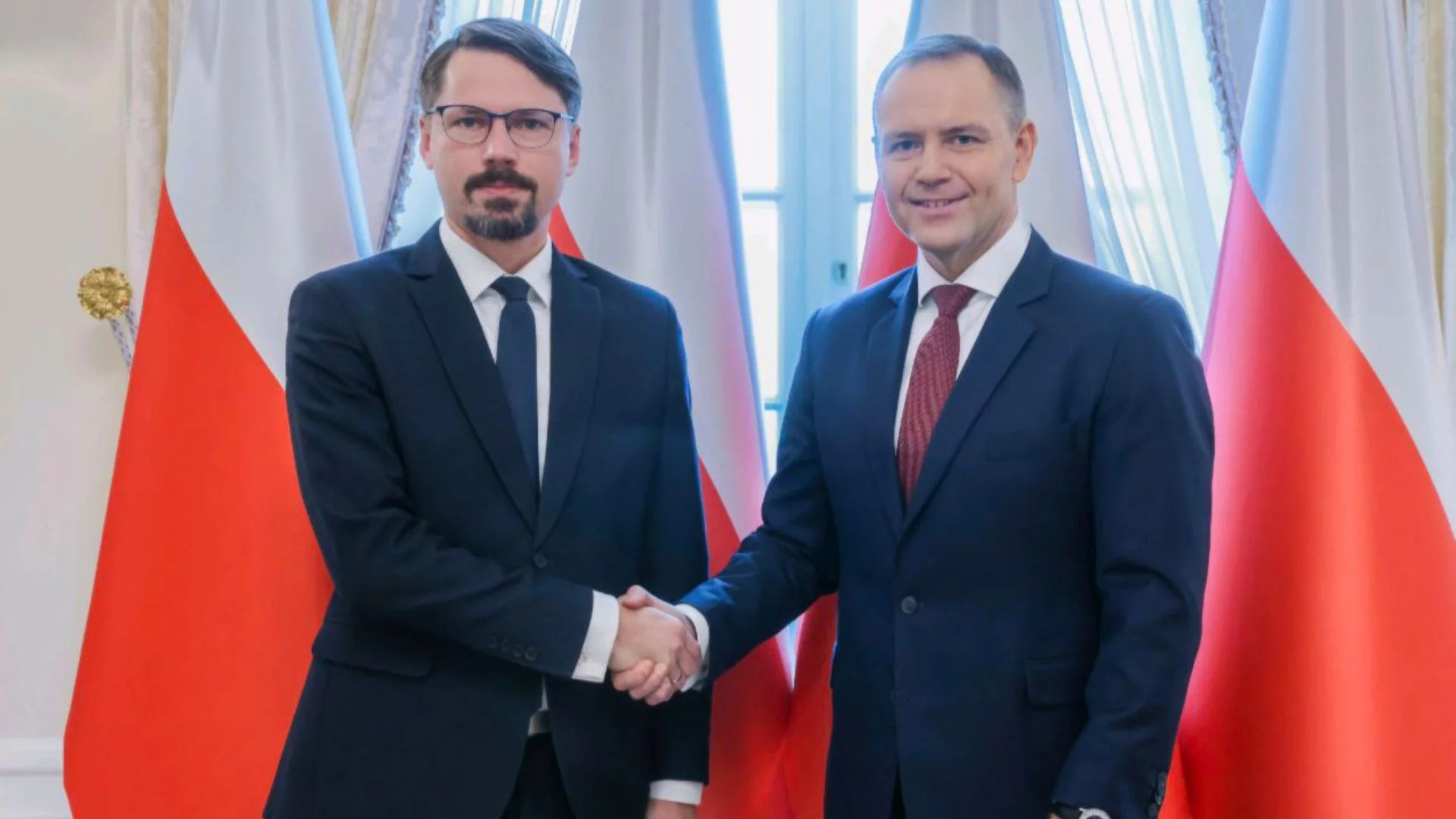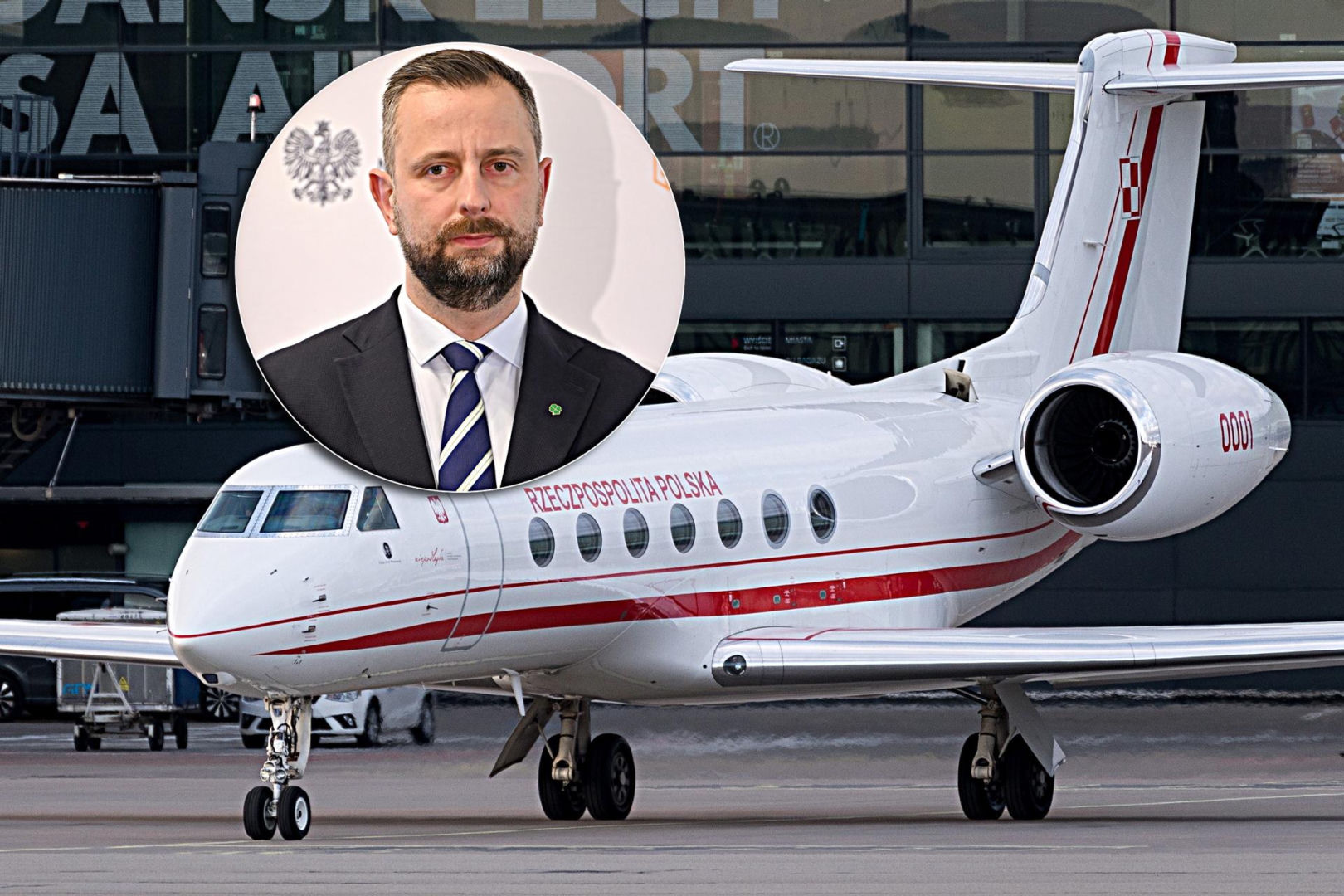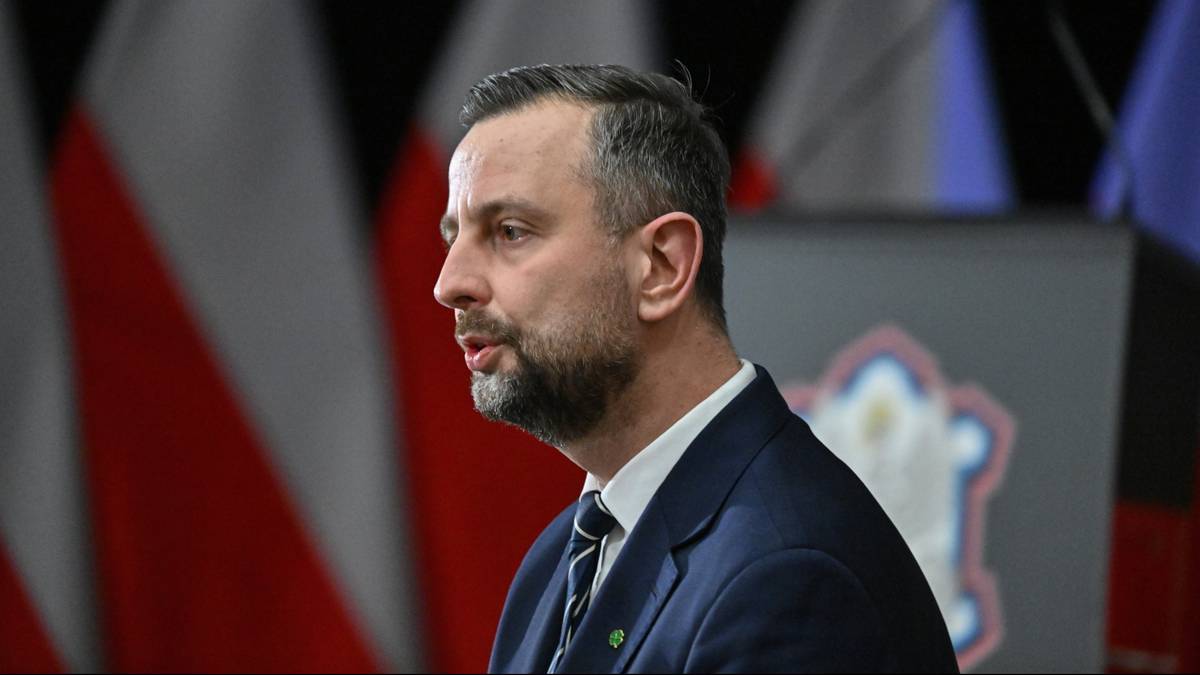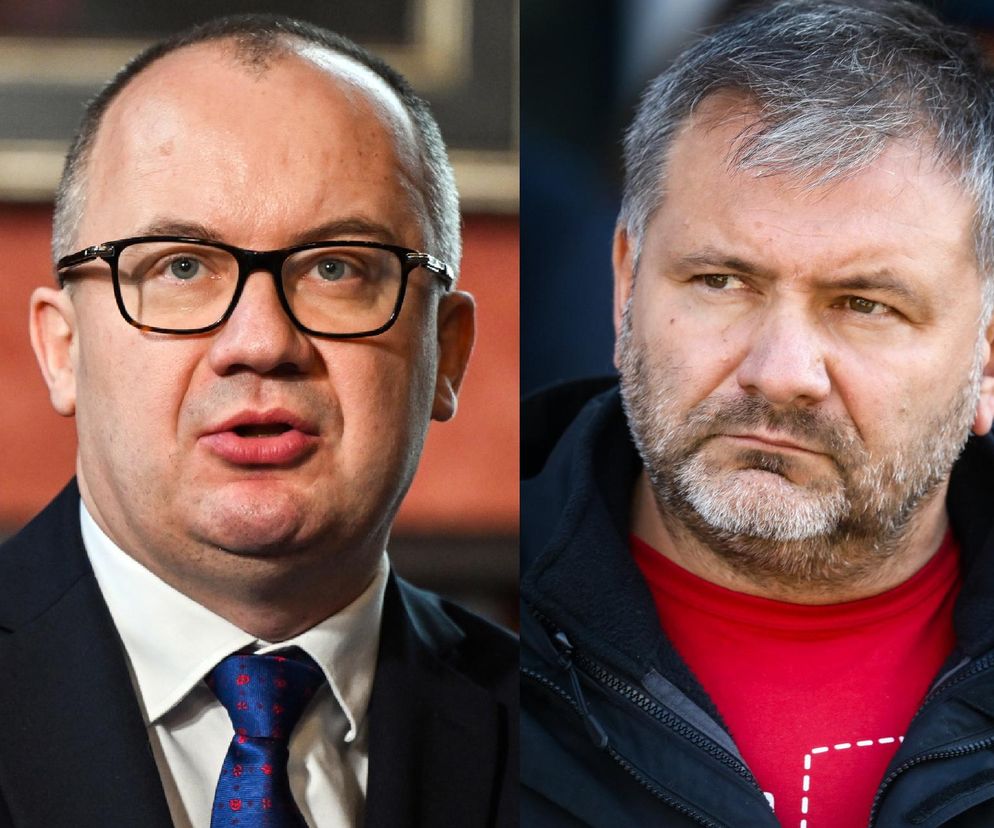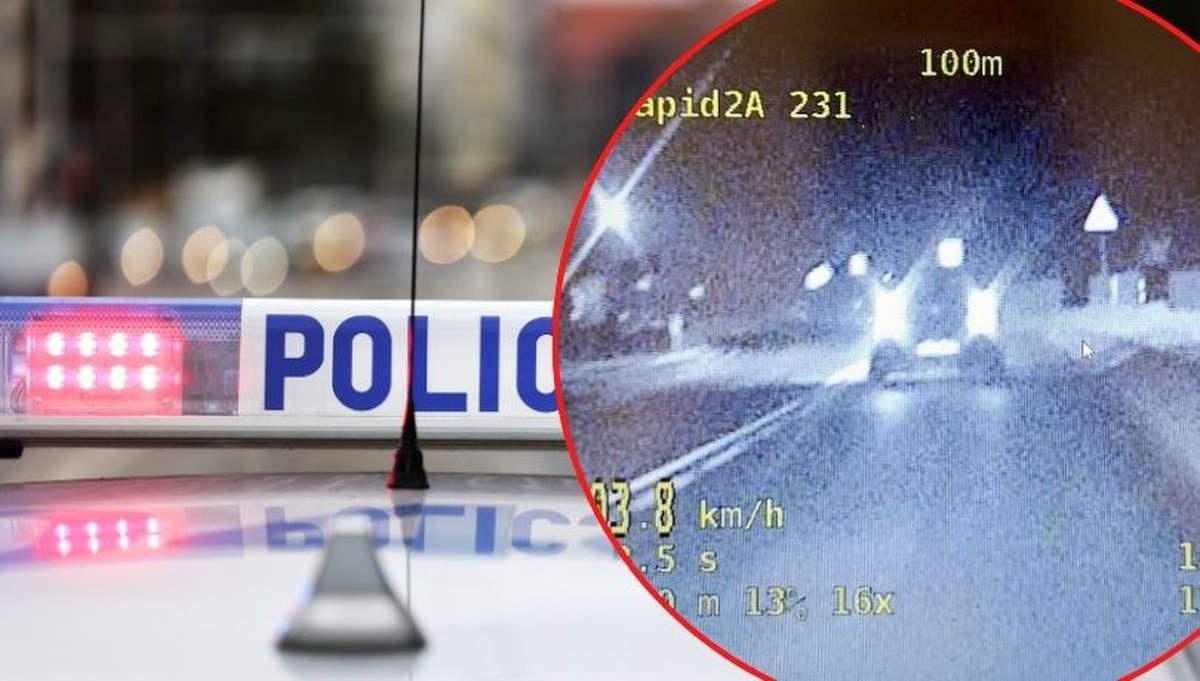Sir Keir Starmer's national security adviser will finally answer questions from MPs and peers after months of parliamentary pressure. The Government has agreed to allow Jonathan Powell to appear before the Joint Committee on the National Security Strategy following repeated requests since his appointment in November.
Ministers had previously resisted calls for Powell to give evidence, arguing it would not be "appropriate" for a special adviser to testify before the committee. They maintained that only civil servants, rather than special advisers, should face parliamentary scrutiny.
Government changes position on testimony
The breakthrough came on Monday when committee chairman Matt Western announced that Cabinet Office Minister Pat McFadden had agreed in writing to Powell's appearance. McFadden told the committee he had decided to allow the testimony "because I understand the committee's desire to hear from him and he does occupy a specific position in this sphere which is obviously important".
Western had raised concerns in May that the Government was "using a quirk of his appointment as a special adviser" to "erode democratic norms". He pointed out that Powell was the first national security adviser not to appear before the committee since the role was created in 2010.
Powell's diplomatic background emerges
Prior to his current role, Powell played a key part in negotiating the sovereignty dispute between the UK and Mauritius over the Chagos Islands. The veteran diplomat previously worked at the Foreign Office before becoming Tony Blair's chief of staff in 1995.
Powell moved with Blair to Downing Street after the 1997 election and remained there until 2007. McFadden told the committee that a "suitable date" would be arranged for Powell's appearance.
Intelligence committee meets Prime Minister
On the same day, Parliament's Intelligence and Security Committee announced it had met Sir Keir in what its chairman described as a "very positive reset" in relations with the Government. The meeting marked the first encounter between a prime minister and the ISC for more than 10 years.
ISC chairman Lord Beamish said the developments represented "very positive steps toward significant change which will make parliamentary oversight of this crucial area stronger, and enhance public confidence in the vital work of the UK intelligence community". The committee scrutinises Britain's intelligence services.
(PA) Note: This article has been edited with the help of Artificial Intelligence.

